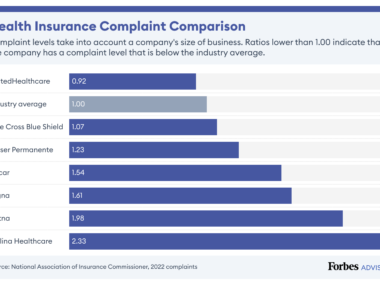In business life, the careful allocation of commercial powers of attorney is crucial to protect the interests of the company and at the same time enable transactions.
The scope of the power of attorney should be issued following a defined process that takes into account the specific needs and risks. If such a process does not exist, the scope must be carefully limited to avoid unnecessary risks. Competencies must not be assigned unrestrictedly, but should always be limited to what is necessary for the respective situation. The ill-considered granting of powers of attorney can entail the risk that transactions will be concluded that are not in the interest of the company.
Section 54 of the Commercial Code (HGB) defines three specific forms of power of attorney, each of which confers different powers and responsibilities:
The General Negotiating Power of Attorney (General Power of Attorney)
This power of attorney is the most comprehensive form and authorises almost all transactions and legal acts in connection with a company. Despite the far-reaching powers, a number of commercial law restrictions must be observed. For example, transactions that affect the company’s portfolio, such as the sale of land or the taking out of loans, are excluded. The general negotiating power of attorney is particularly suitable for smaller companies to grant key persons far-reaching powers without the need to enter a power of attorney in the commercial register.
The Power of Attorney
This is a specific power of attorney that authorizes employees to carry out specific types of transactions and acts that are defined in the power of attorney. The type of power of attorney is the most commonly used form of power of attorney and can relate to industry-standard transactions or a fixed financial framework. An example of this would be a junior sales manager who, thanks to such a power of attorney, is allowed to conclude sales contracts of up to 5,000 euros, while everything else falls within the responsibility of the senior sales manager.
The Power of Attorney for Special Action or Individual Action
This power of attorney only authorizes the authorized representative to perform individual, precisely defined acts or transactions. This is the most limited form of power of attorney, which is usually used for specific, one-time tasks. A practical example would be an entrepreneur instructing an employee to sell a specific pallet of printer paper.






